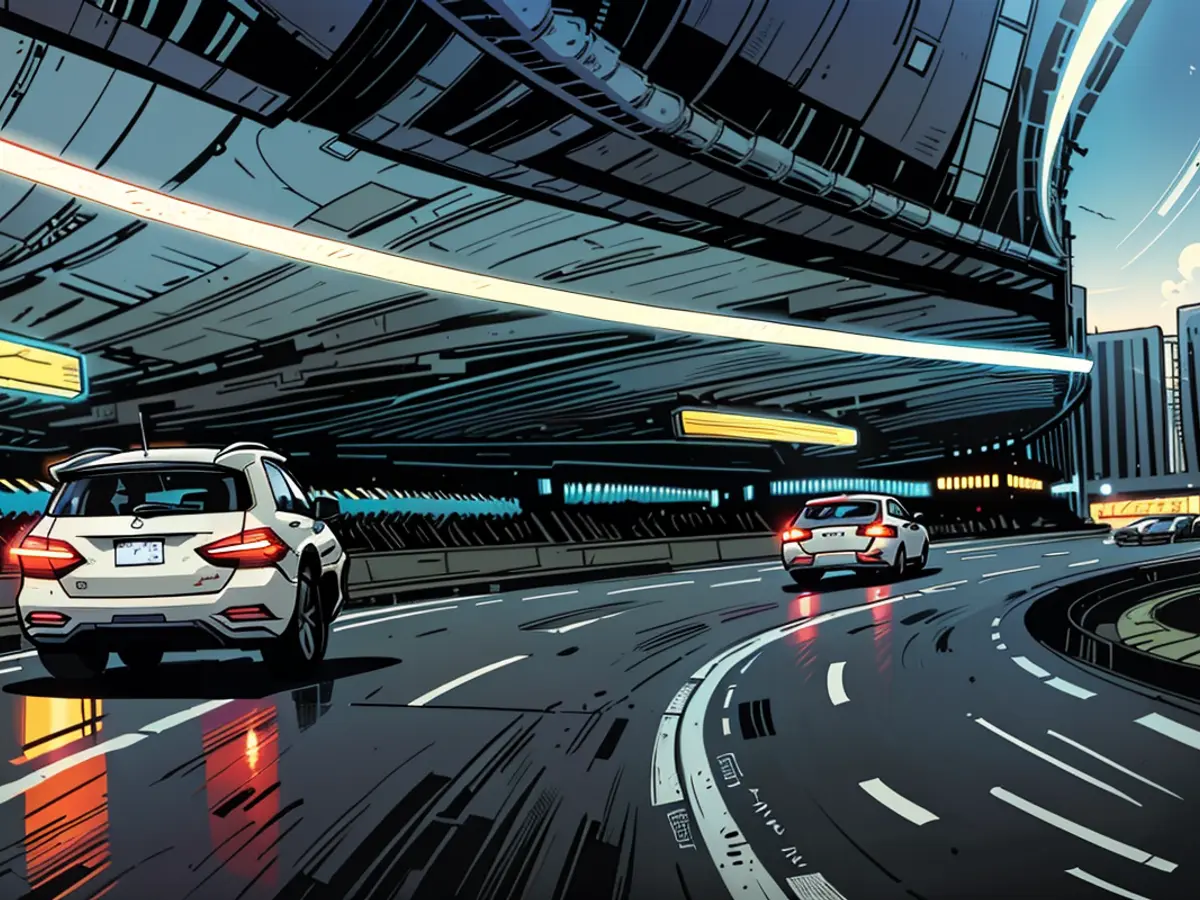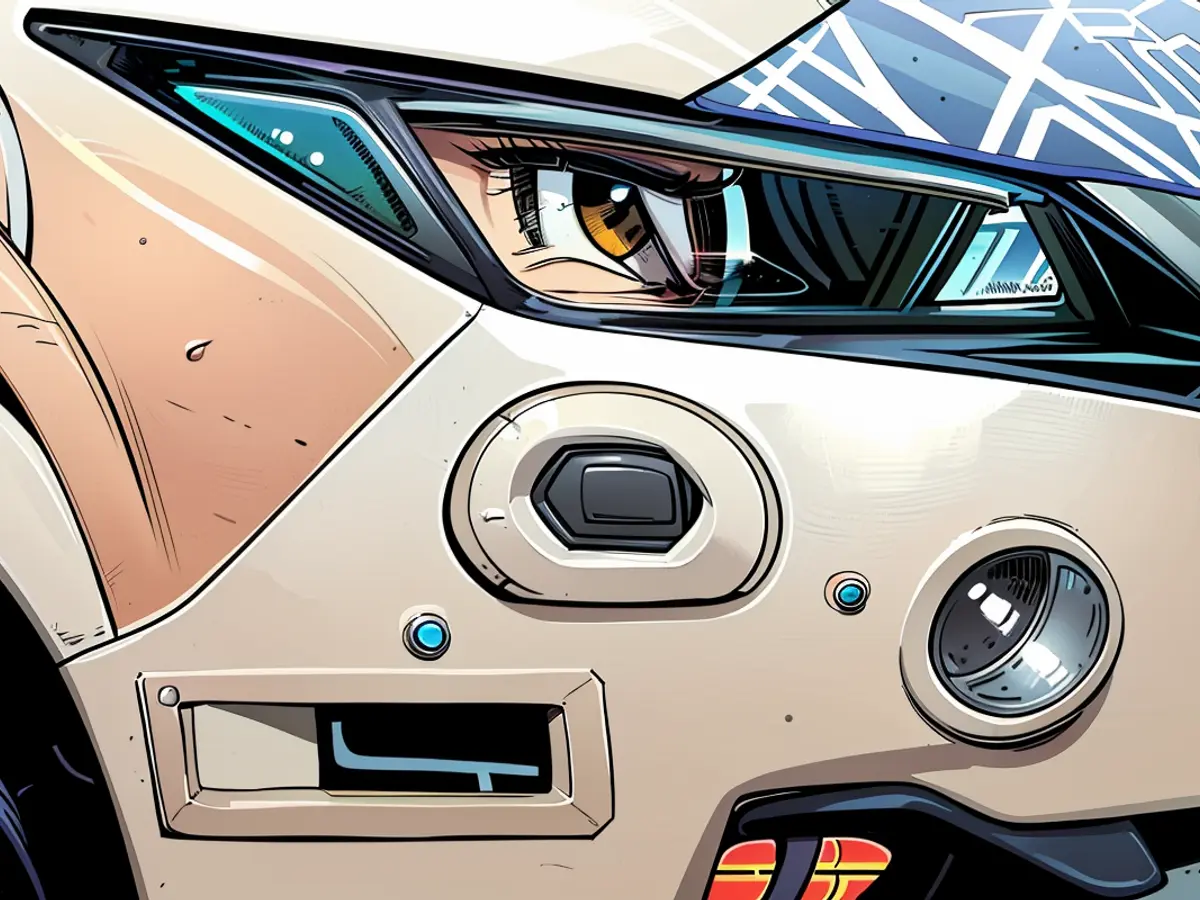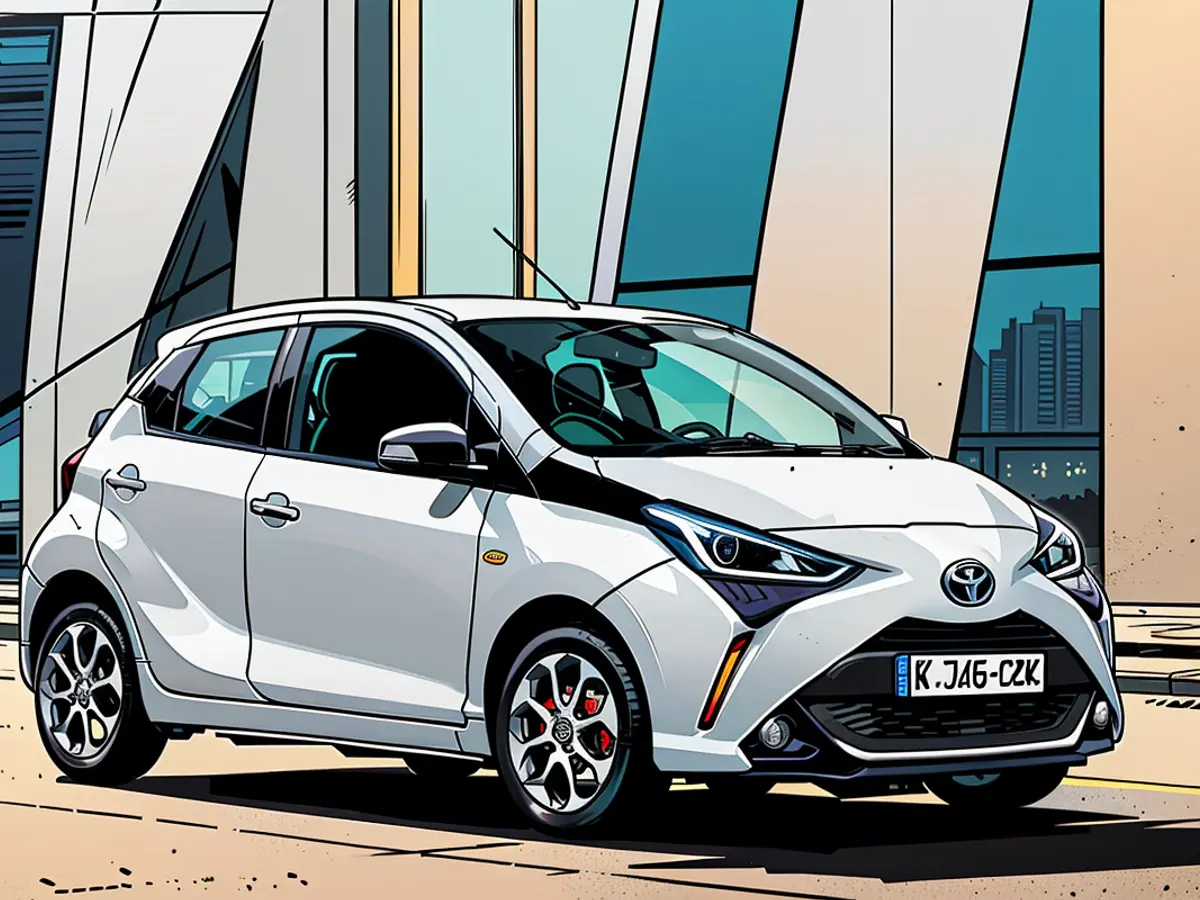New car prices for Electric and combustion engines are getting closer
The shift is not gaining much traction in the German automobile market. Without subsidies, electric cars are still significantly more expensive than combustion engines. This does not have to remain the case: Prices for electric cars are decreasing in part, while prices for combustion engines are increasing.
On the German market for new cars, prices for comparable models with electric drive or combustion engines are gradually approaching each other. The significant price difference is decreasing, as the private Car Institute found in its regular rebate study for July.
Based on transaction prices, which are the actual amounts customers pay for a new car after deducting all rebates from the list price, prices for the 15 most popular electric cars have dropped by four percent since April, while they have risen by five percent for combustion engines.
"The price differences are still substantial," says study leader Ferdinand Dudenhoeffer. For example, a VW Golf with a 1.5-liter combustion engine costs 9,220 euros less than the electric ID3 at an estimated transaction price of 23,443 euros. The difference for the Opel Corsa is even greater, at over 13,600 euros in favor of the battery model.
"No march of Chinese electric car manufacturers"
Dudenhoeffer sees no march of Chinese electric car manufacturers on the market. List prices are often not listed on their websites, data and information are "often insubstantial," and the Chinese cannot "wave a magic wand" over prices. This is evident in the price comparison of a model from the manufacturer MG, which is nearly 13,000 euros more expensive in battery form than the combustion engine version.
Dudenhoeffer also finds it noteworthy that Tesla has for the first time offered a direct discount of 6,000 euros on the Model Y. There are likely larger inventory levels.
Survey: Many want to buy combustion engines or hybrids
According to an Insa survey, 15.3 percent of Germans would choose an electric model for their next car purchase. 18.4 percent would opt for a hybrid, while 34.9 percent would buy a combustion engine, and 21.6 percent stated they would not buy a car.
Despite the absence of a significant price reduction from Chinese electric car manufacturers, the prices for electric cars are gradually decreasing in the German market, according to the private Car Institute's rebate study. This decline in electric car prices, coupled with an increase in combustion engine prices, is narrowing the significant price difference between the two options.
Ferdinand Dudenhöffer, the study leader, highlights that despite the decrease in electric car prices, there remains a substantial price disparity between electric and combustion engine vehicles. For instance, a battery-powered VW Golf ID3 is over 9,000 euros more expensive than its combustion engine counterpart.
The cost of electric cars, especially those manufactured by Chinese companies, is still a barrier to mass adoption in the German automobile market, as evidenced by the higher price of a battery-powered MG model compared to its combustion engine version.








